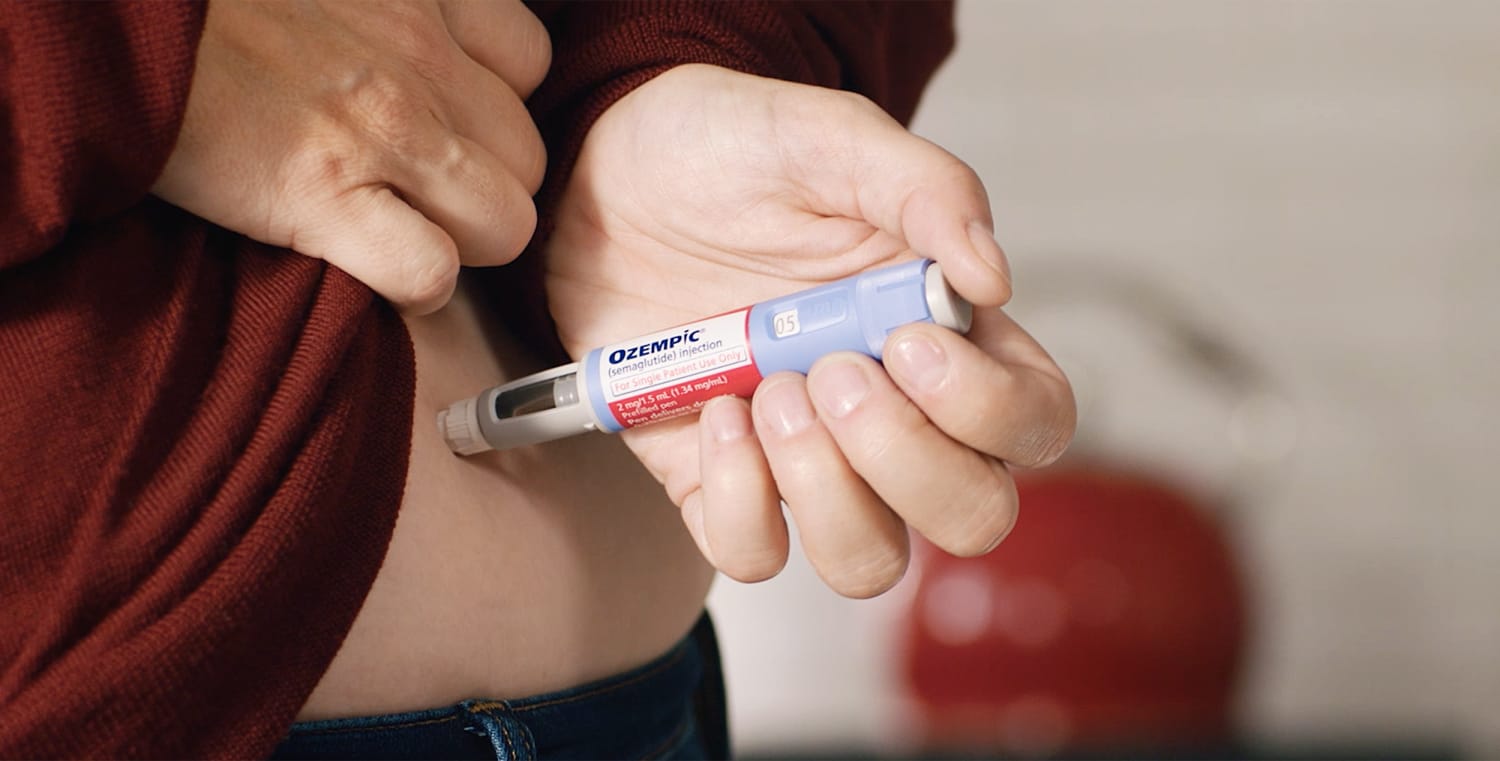If you’re taking Ozempic, there are some foods you’ll want to avoid. Ozempic is a prescription medication used to treat type 2 diabetes. It helps control blood sugar levels by increasing the amount of insulin your body produces. If you’re taking Ozempic, it’s important to follow a healthy diet and avoid certain foods that can interfere with the medication’s effectiveness. In this blog post, we will discuss 10 foods to avoid if you’re taking Ozempic.
1: Carbohydrates
The first food to avoid when taking Ozempic is refined carbohydrates. These foods, such as white bread, pastries, and sugary cereals, are high in simple sugars that will cause blood sugar levels to spike. Additionally, they tend to be low in fibre, which can make it harder for Ozempic to control your blood sugar levels effectively.
2: Red Meat
Another food to avoid when taking Ozempic is red meat. Studies have shown that diets high in red meat may increase the risk of developing type 2 diabetes. Instead of eating beef or pork, try incorporating more plant-based proteins into your diet such as beans and lentils.
3: Saturated Fats
You should also steer clear of saturated fats when taking Ozempic. Foods like butter, cheese, and high-fat meats are all high in saturated fats and should be consumed in moderation. Instead, opt for healthier sources of fat such as nuts, seeds, and avocados.
4: Processed Sugar
Other foods to avoid when taking ozempic include processed foods and sugary drinks like soda or fruit juice. These foods are often high in refined carbohydrates that can cause blood sugar levels to spike. Additionally, they are usually low in fibre, which can make it more difficult for ozempic to effectively control your blood sugar levels.
:max_bytes(150000):strip_icc():focal(644x399:646x401)/Ozempic-injection-101822-f89ffa28671841cdb26ddb53f2b48803.jpg)
Why Is It Important To Avoid These Foods While Taking Ozempic?
The key reason why it is important to avoid these foods while taking ozempic is that they can cause blood sugar levels to spike, making it more difficult for ozempic to effectively manage your diabetes. Additionally, many of these foods are high in refined carbs or saturated fats, which can make it more difficult for ozempic to control blood sugar levels. Thus, following a healthy diet and avoiding these foods is key to ensuring optimal results from ozempic treatment.
Are There Any Other Foods Or Dietary Changes That I Should Make While Taking Ozempic?
In addition to avoiding the foods listed above, it is also important to incorporate plenty of fiber-rich fruits and vegetables into your diet while taking ozempic. Additionally, you may want to consider speaking with your doctor or a nutritionist about making any other dietary changes that can help you better manage your diabetes when taking ozempic. There may be certain foods or supplements that can help increase ozempic’s effectiveness, for example, or that can help you better control your blood sugar levels. Overall, working closely with your doctor and a qualified healthcare professional is the best way to ensure optimal results from ozempic treatment.
If you’re taking ozempic, following a healthy diet is key to managing your diabetes and optimizing the effectiveness of your medication. By avoiding these foods and focusing on those that are rich in fibre, protein, and healthy fats, you can better control your blood sugar levels and feel your best.
For more information on ozempic foods to avoid, check out My BMI.

